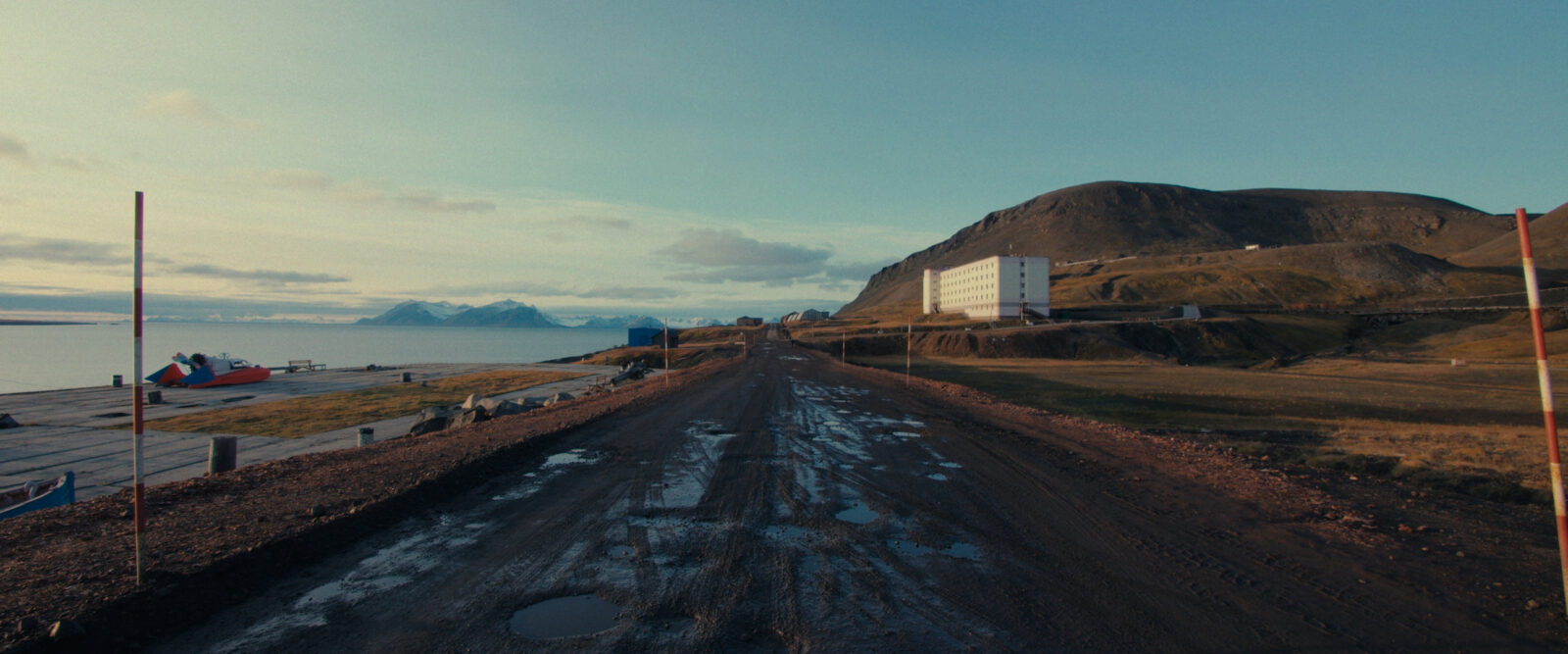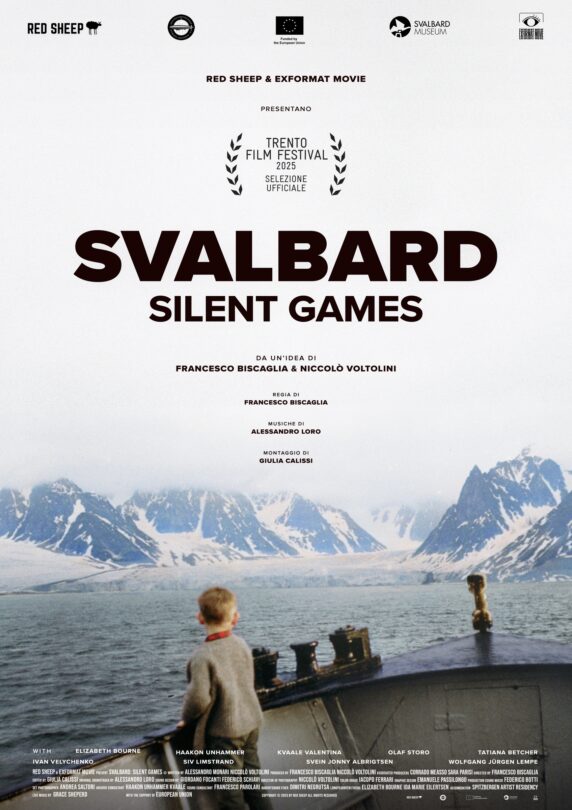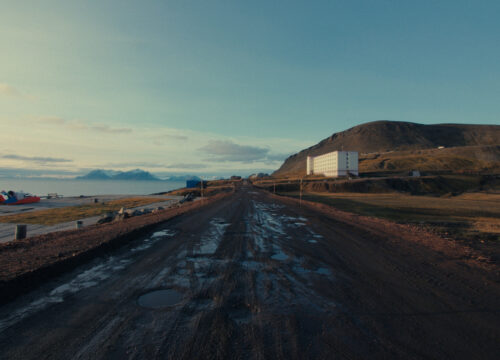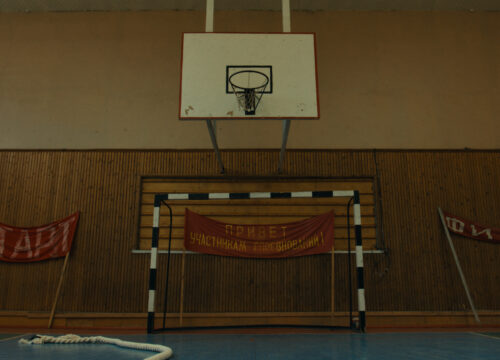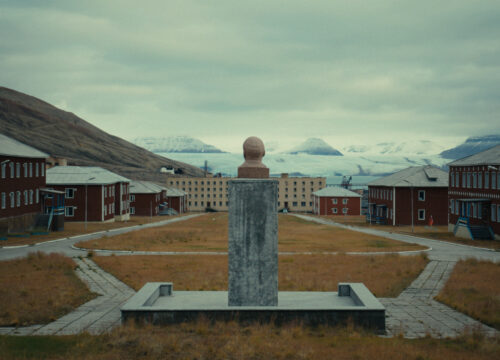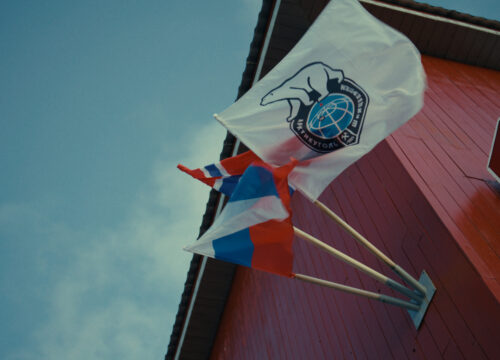Svalbard: Silent Games
Francesco Biscaglia
Italy / 2025 / 52' / Italian premiere
For almost a century, Norwegians, Russians and Ukrainians have competed in friendly sporting contests in the world's most northerly inhabited land, the Svalbard Islands. Neither the Cold War nor the collapse of the USSR ever interrupted these encounters. Today, the competitions have stopped. Russian and Ukrainian families, oppressed by increasing impositions from Moscow, are abandoning the archipelago, while the Norwegian government is increasing restrictions and limiting foreigners’ rights.
Language:
English, Russian
Subtitles:
Italian
Director
Francesco Biscaglia
Francesco Biscaglia (2003) is a director and producer from Trentino. In 2020 he co-founded Red Sheep, an independent production company that focuses on documentaries, short films and commercials. He is studying Production at the Civica Scuola di Cinema Luchino Visconti.
Awards
CinemAMoRE Award
Ed. 2025
In the tragic context of a war that divides peoples and communities, the film recounts a humanity that does not surrender and tries to overcome divisions, even in a remote area such as Svalbard. In the jury's opinion, the young director's work best embodies the spirit of the three festivals (RAM, RT and TFF), linking them with an imaginary common thread: it reconstructs memories with archive footage and investigates the religious-symbolic aspect through significant images, without neglecting exploration of the place.
RAI Award
Ed. 2025
The documentary bears witness to how an international conflict can have major repercussions on the life of a small community in an isolated place in the world. In Norway's SvalBard archipelago (cold coasts) in the Arctic Ocean, with a wealth of coal mines, the 2970 inhabitants have coexisted peacefully for many years. They include Ukrainian miners and Russian and Norwegian office workers, divided by the Russian invasion of Ukraine. Social relations and communal games have been suspended, while the Ukrainians have returned home to support the fighters. Intimate interviews accompanied by images of a desolate landscape and historic images of everyday life show how coexistence was possible and can still be so. The hope and wish is thus that the conflict will end and that times of harmony and socialisation between the different ethnic groups will return. The straightforward and simple narrative leaves time for the viewer to think and reflect, and despite being weighed down by the inclusion of some amateur footage, portrays a dramatic situation with evocative images of the Arctic landscape. The award is intended above all to emphasize the social aspects of global conflicts rendered silent but not absent by the vastness of the Arctic.
Gallery
Trento Film Festival suggests you also...
